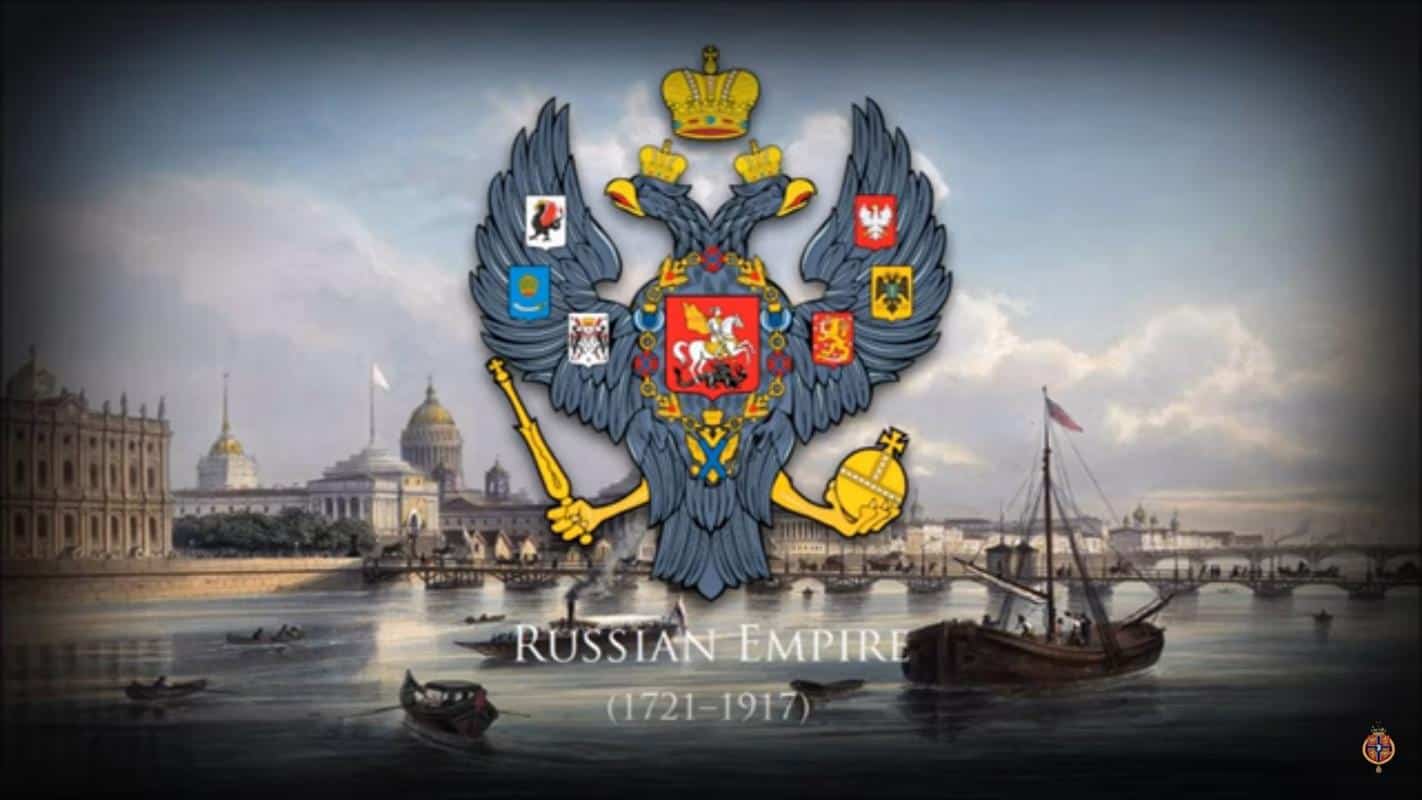Other countries that have/had the same national anthem as the UK may surprise you

The Liechtenstein National Anthem borrows the tune:
High on the young Rhine
Lies Liechtenstein, resting
On Alpine heights.
𝄆 This beloved homeland
The dear fatherland
God’s wise hand has
Chosen for us. 𝄇
as does the Norwegian Royal Anthem…
Yes, we love this country
as it rises forth,
rugged, weathered, over the water,
with the thousands of homes, —
love, love it and think
of our father and mother
𝄆 and the saga-night that lays
dreams upon our earth. 𝄇
…the German Empire borrowed it
and it was the national anthem of the Imperial Russian Empire 1816-1833 (“God Save the Tsar!”):
and the former Swiss National Anthem – 1840-1961:
The tune is also used in the American patriotic anthem called My Country ‘Tis of Thee:
The first line was ‘God Save Great George our King’
Despite the tune being used by many other countries, it was most probably British to begin with. The earliest known version of the tune was published in 1744 in the Thesaurus Musicus. It was then republished in 1745 in Gentleman’s Magazine. The first line was slightly different from today’s lyrics:

The anthem became popular due to patriotic fervour in a war against rebellious scots
The widespread adoption of the anthem came out of a fit of patriotic fervour in 1745, after British forces were defeated by the Jacobites in the Battle of Prestonpans in Scotland. After the defeat, a patriotic band leader in the London Theatre Royal proposed that they play the anthem after the play. It was such a success that the tradition was adopted in other theatres to sing the anthem whenever monarchs entered the building.
From Great Britain the melody passed to continental Europe, becoming especially popular in Germany and Scandinavia, with a variety of different lyrics.
J.E. Luebering. God Save the King British national anthem, Encyclopaedia Britannica
One 19th century historian even claimed that, at the time of the Battle of Prestonpans, alternative verses in the anthem made direct reference to the rebellious scots, although this has been refuted.
Lord grant that Marshal Wade
The controversial “third verse” that never formally existed and yet there is a petition to remove it.
May by thy mighty aid
Victory bring.
May he sedition hush,
And like a torrent rush,
Rebellious Scots to crush.
God save the Queen
No-one knows who wrote the UK national anthem
The author of both the music and the lyrics of the UK national anthem is unknown. Music scholars claim the music may have come from a medieval plainsong, while others claim the rhythm is like that of a renaissance dance. It’s possible that English composer Henry Purcell (1659-1695) composed the first version of the song, he certainly wrote music for the King, including an ode for the King’s birthday, written in 1670. Others claim the earliest version was written by John Bull (1562–1628).
Beethoven composed seven variations of the tune:
Sources
https://www.royal.uk/national-anthem
https://en.wikipedia.org/wiki/God_Save_the_King
https://www.britannica.com/topic/God-Save-the-Queen-British-national-anthem






